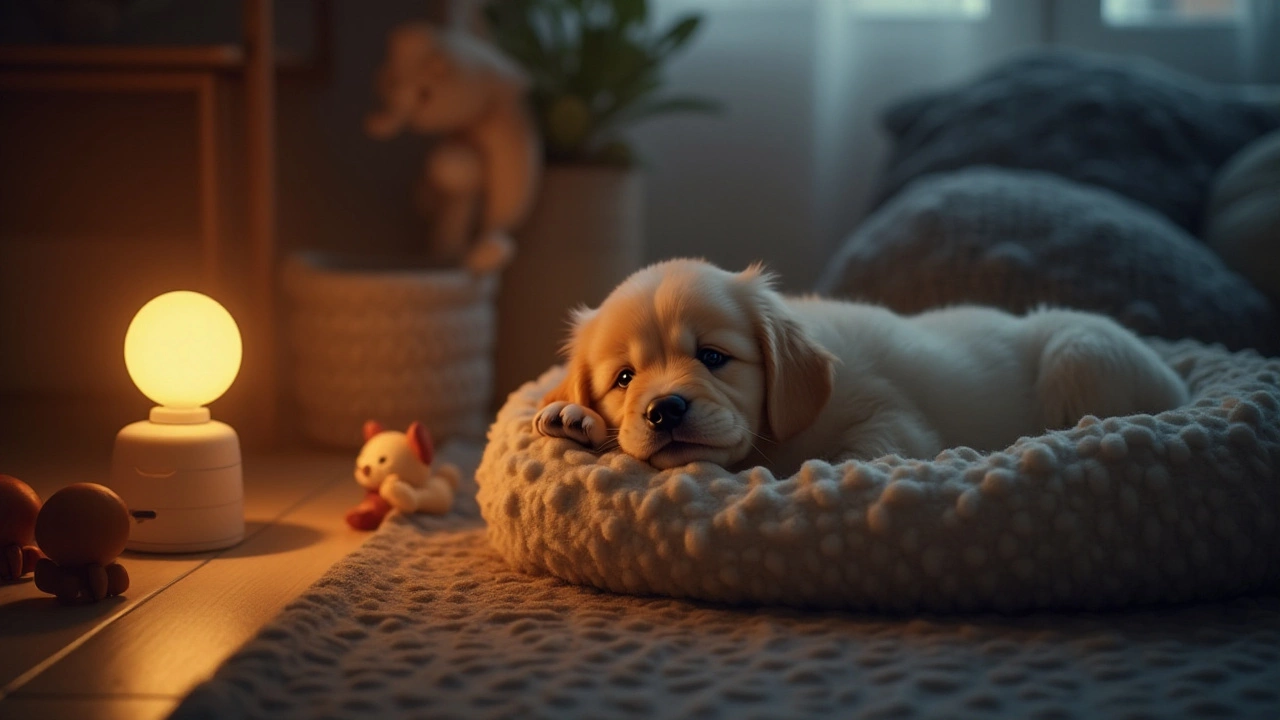Puppy Care Tips: What Every New Owner Should Know
Got a new pup and feeling a bit lost? You’re not alone. The first weeks are a mix of excitement, messes, and endless questions. Below you’ll find the most useful tips to get your puppy settled, healthy and happy without the guesswork.
Potty Training Made Simple
The fastest way to avoid indoor accidents is a consistent schedule. Take your puppy out first thing in the morning, after every meal, after play sessions, and right before bedtime. Use the same door or spot each time so they link the cue with the action. When they do their business outside, praise them loudly and give a small treat – the positive boost helps them repeat the behaviour.
If an accident happens inside, clean it with an enzymatic cleaner. This removes the scent that can draw the puppy back to the same spot. Remember, never scold a puppy after the fact; they won’t connect the punishment with the mistake and it can damage trust.
Sleep, Crate, and Bonding Basics
Most puppies need about 18‑20 hours of sleep a day. A crate can become a cozy, safe den if you introduce it the right way. Start by placing a comfy blanket and a chew toy inside, and keep the door open while you’re nearby. Let the pup explore on their own terms. When they go in, reward them with a treat. Closing the crate door for short naps helps them learn that the crate is a quiet place, not a punishment.
Sharing your bedroom for the first few nights can ease separation anxiety. Keep the crate close to your bed, so the puppy hears your breathing and feels your presence. Once they’re sleeping through the night, you can gradually move the crate to its permanent spot.
Feeding is another cornerstone of good care. Choose a high‑quality puppy food that lists meat as the first ingredient and meets the nutrient levels set by the FEDIAF guidelines. Split the daily portion into three to four meals to keep blood sugar steady and reduce the chance of a big belly roll‑over after eating.
Socialisation should start early but be gentle. Introduce your pup to different sounds, surfaces, people and other well‑behaved dogs while they’re still in the critical 3‑14 week window. Short, positive experiences build confidence and reduce fear later in life.
Finally, keep vet visits regular. A quick health check at 8 weeks, then at 12 weeks, and again before the 6‑month mark catches any early issues and keeps vaccinations on track. Ask the vet about parasite prevention, microchipping and dental care – simple steps that pay off big time.
Putting these tips into action will turn chaos into routine fast. Stick to the schedule, stay patient, and celebrate each small win. Your puppy will reward you with endless tail wags and loyalty for years to come.
Posted By Bryndle Redding On 15 Jul 2025 Comments (0)
Puppy Bedtime: How to Set Your Pup's Perfect Sleep Schedule
Wondering what time your puppy should go to bed? This guide explains timing, routines, and tips to help your puppy get restful, healthy sleep.
READ MOREPosted By Bryndle Redding On 2 Jan 2025 Comments (0)
Do Puppies Need Darkness to Sleep? A Pet Owner's Guide
Understanding whether puppies should sleep in the dark is essential for new pet owners. Puppies have unique sleep requirements, and the presence or absence of light can impact their sleep quality. This guide explores how light affects puppy sleep, tips for creating an ideal sleep environment, and debunks common myths surrounding puppy sleep habits. The right approach ensures your puppy gets the restful sleep it needs for healthy development.
READ MORE
